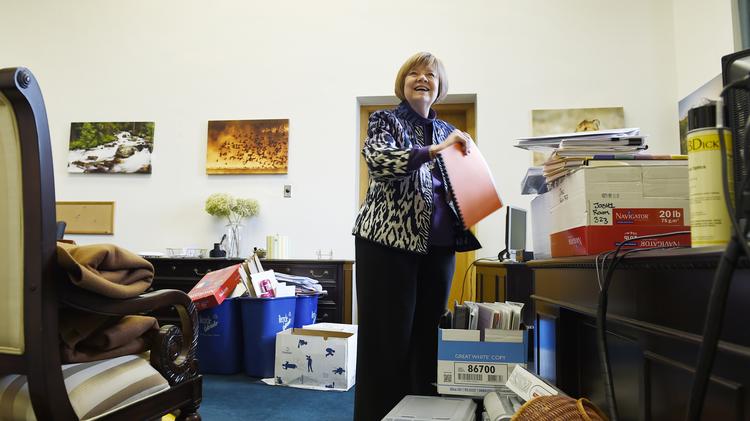Section 20. The Taxpayer’s Bill of Rights.(1) General provisions. This section takes effect December 31, 1992 or as stated. Its preferred interpretation shall reasonably restrain most the growth of government. All provisions are self-executing and severable and supersede conflicting state constitutional, state statutory, charter, or other state or local provisions. Other limits on district revenue, spending, and debt may be weakened only by future voter approval. Individual or class action enforcement suits may be filed and shall have the highest civil priority of resolution. Successful plaintiffs are allowed costs and reasonable attorney fees, but a district is not unless a suit against it be ruled frivolous. Revenue collected, kept, or spent illegally since four full fiscal years before a suit is filed shall be refunded with 10% annual simple interest from the initial conduct. Subject to judicial review, districts may use any reasonable method for refunds under this section, including temporary tax credits or rate reductions. Refunds need not be proportional when prior payments are impractical to identify or return. When annual district revenue is less than annual payments on general obligation bonds, pensions, and final court judgments, (4) (a) and (7) shall be suspended to provide for the deficiency.
(2) Term definitions. Within this section:
(a) “Ballot issue” means a non-recall petition or referred measure in an election.
(b) “District” means the state or any local government, excluding enterprises.
(c) “Emergency” excludes economic conditions, revenue shortfalls, or district salary or fringe benefit increases.
(d) “Enterprise” means a government-owned business authorized to issue its own revenue bonds and receiving under 10% of annual revenue in grants from all Colorado state and local governments combined. Continue reading →






